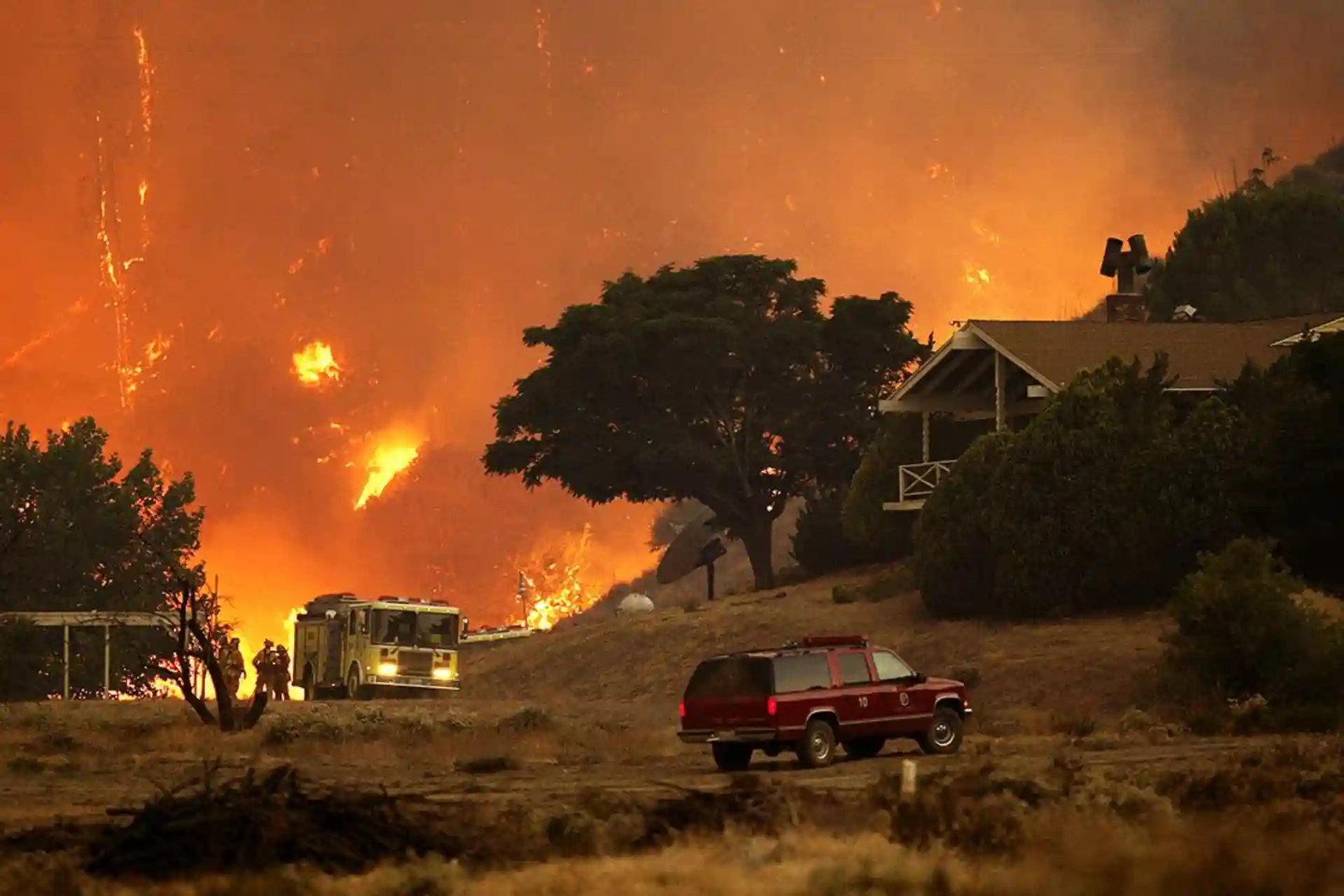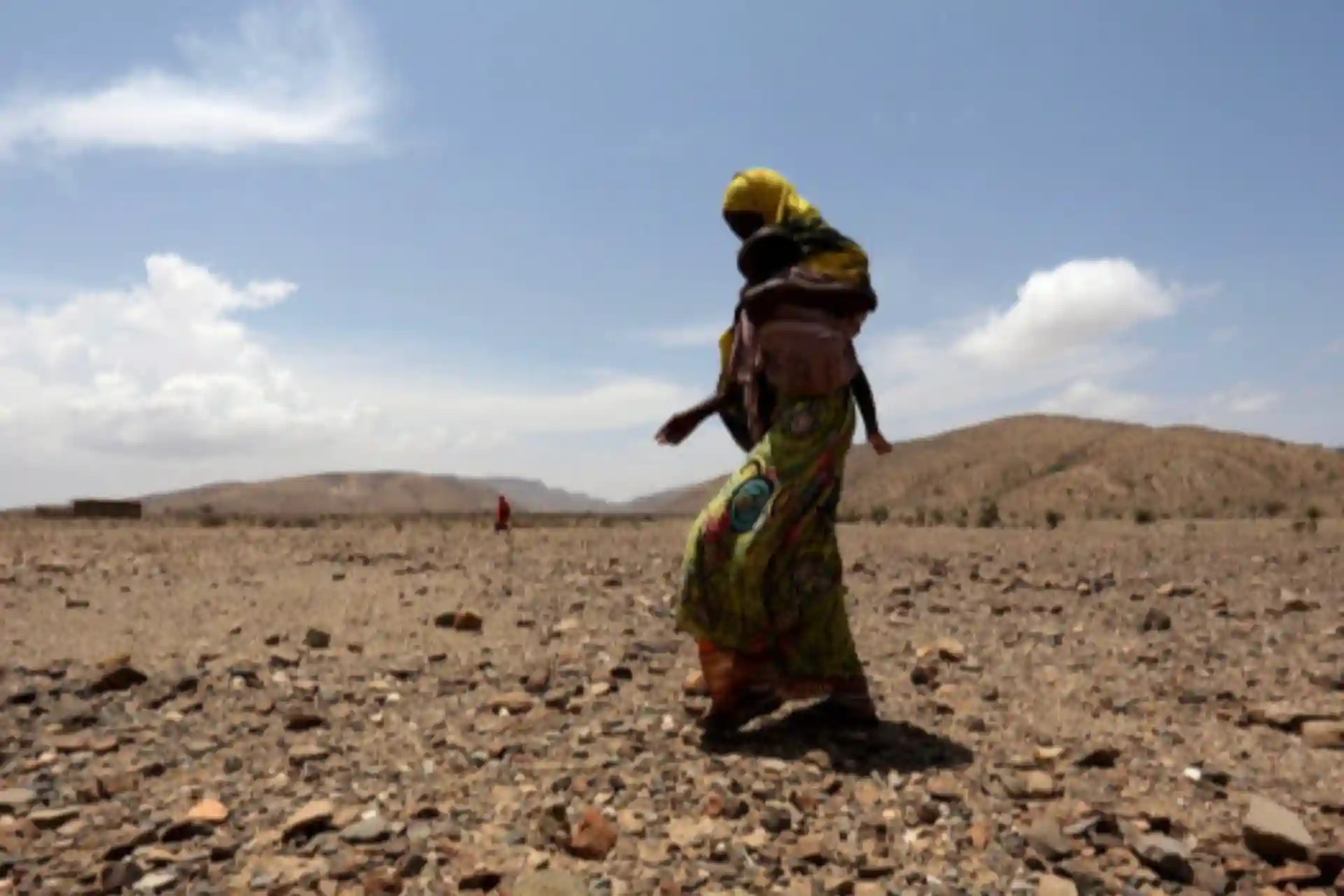13.11.2024 14:26
1600
The health risks of climate change have reached record levels
Last year, people experienced 50 days longer than usual of health-threatening extreme temperatures, and severe drought affected 48 percent of the world's land area. Heat-related deaths among people over 65 rose a record 167 percent last year compared to levels in the 1990s.
Threats to human health caused by global climate change have reached record levels. This is reported in The Lancet Countdown ("Countdown to 2024"), an annual report that tracks the changing health status of the population in response to climate change.
The report was developed in cooperation with the World Health Organization (WHO), the World Meteorological Organization (WMO) and 122 leading experts from 57 scientific institutions.
According to the report, 10 out of 15 indicators related to the threat of climate change to human health have reached new record levels.
2023 was the hottest year on record, with persistent droughts, devastating heat waves, and wildfires, hurricanes, and floods that have had an extraordinary impact on people's health, lives, and livelihoods.
Last year, people experienced 50 days longer than usual of health-threatening extreme temperatures, and severe drought affected 48 percent of the world's land area.
Heat-related deaths among people over 65 rose a record 167 percent last year compared to levels in the 1990s.
People around the world have experienced record levels of heat stress while engaging in light outdoor exercise such as walking or cycling. The amount of labor lost due to high temperatures is 49 percent higher than the 1990-1999 average and is worth $835 billion in economic output.
Over the past 10 years, 61% of the world's land area has experienced an increase in heavy precipitation events compared to the 1961-1990 average. This has increased the risk of floods, infectious diseases and water pollution.
In parallel, increasing heat waves and droughts will make more than 151 million people in 124 countries face severe food insecurity in 2022.
This puts the total annual economic loss from extreme weather events at $227 billion between 2019 and 2023.
A rapidly changing climate has also created conditions for the spread of deadly mosquito-borne infectious diseases. Last year, more than 5 million cases of dengue fever were reported in more than 80 countries, a record high.
Updated figures from the report show that investment in fossil fuels by governments and companies is at an all-time high, driving emissions to record levels, with the resulting losses reducing people's chances of survival around the world.
Carbon dioxide emissions from the energy sector also reached record levels last year, increasing by 1.1 percent compared to 2022.



